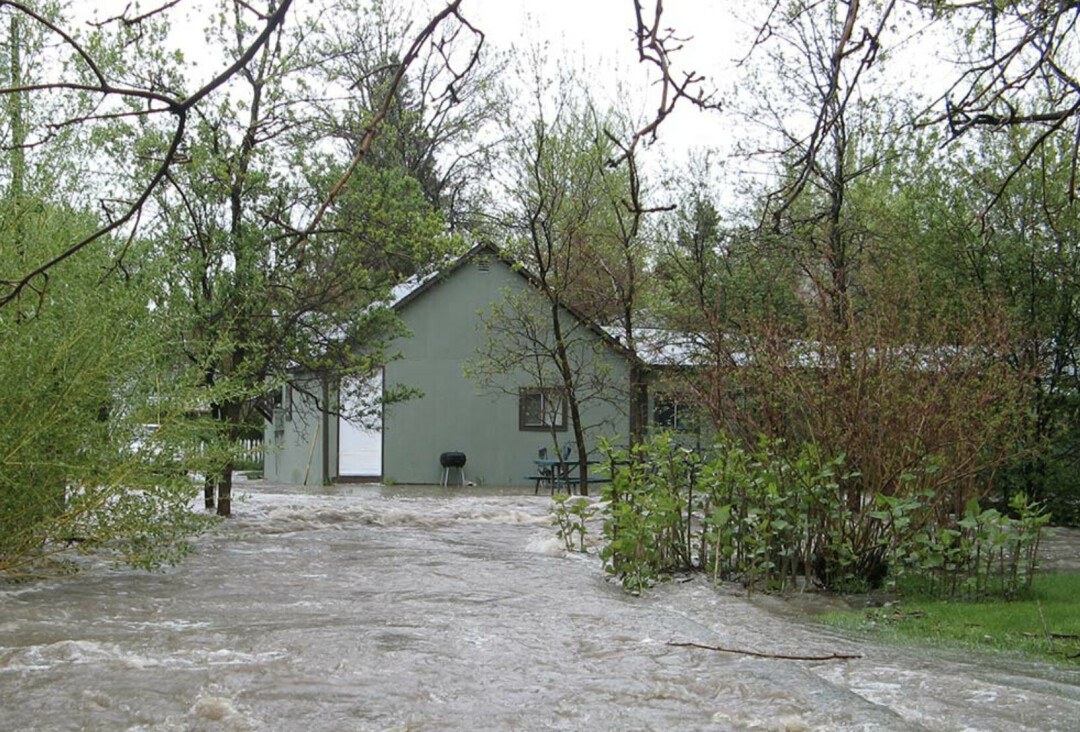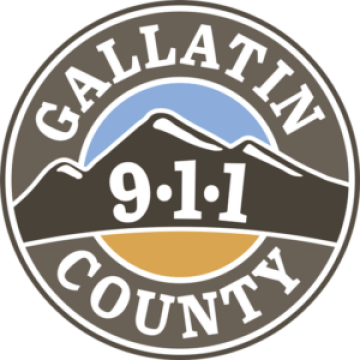5 Essentials For a Great Wine Tasting Party

If wine makes the party, why not make your party all about wine? Hosting a wine-tasting soiree is a great way for wine lovers to spice up their evening and expand their wine palate all while having fun with their guests. Regardless if you are a lifelong connoisseur or just a beginner in the world of wine, with a few tips and a little planning you will be able to make your next wine party an unforgettable success. So let's take a look at what it takes to great organize a great evening.
Choosing a theme and getting the wine
The first thing you will need to do is pick a wine theme for the party. You can choose a wine based on a specific country, region, or vineyard. This can take up a lot of time and research if you are a beginner and don't have a lot of previous wine knowledge. You will also need to do research on which brands to choose once you have decided on your theme. Ideally, you will end up with several bottles of quality wines. In all honestly, if this is your first wine tasting event you are probably overwhelmed.
To make this process easier for you, consider joining a wine club. You will not have to worry about the quality of wine, the variety, and the theme. Each shipment you get will allow you to try a unique tasting. There are wine clubs for all purposes such as traditional wines, organic, regional, and so on. If you are interested, you should visit bestwineclub.com and find your ideal club.
Buying the necessary supplies
For any successful party, you need proper “tools”. This covers everything from glassware to pallet cleaners, spit buckets, corkscrews, etc. One glass per person is enough, however, having two glasses per person is better so that the guests can taste and compare two wines simultaneously. Color is also an important aspect when comparing wines, so avoid tinted glassware and look for simple clear glassware. You will also need proper palate cleansers like crackers or simple bread. Don’t forget the water, professional wine tasters use plain bread and wash it down with still water to completely cleanse their palettes. Avoid buying carbonated or spring water. Getting spit buckets for your guest allows them to taste the wine, stay sober, and better assess the flavors of each wine.
Pairing wine with the right food
If you want to serve the right food do a little extra research on how the acids, tannins, and sugars in foods interact with different types of wines. Dry whites are light, bright, and acidic, and they usually pair best with similarly oriented foods. For example spring vegetables, lighter fish, grilled chicken, and citrusy, herby dishes. However, sweeter white wines go along with salty appetizers or rich desserts, also spicy Asian dishes. Bigger, creamier whites pair with bigger, creamier flavors. This is why chardonnay pairs great with salmon. Rich white wines are usually less acidic so they pair well with a variety of learner meats like pork loin or chicken. On the other hand, lighter red wines interact best with leaner red meats, fattier fish, and earthier vegetables like mushrooms. Medium red wines are the safest choice because they are the most versatile. They can be paired with anything from a cheese plate to a salad, tomato-based pasta, and rich chocolate dessert. Bold red wine is a classic steak wine, they are rich and tannic enough to cut through the fat. They also can be paired with hard cheese, starches, red meats, BBQ chicken.
Serving the Wine Correctly
When throwing a wine party it is very important to serve the wine correctly. If you are having a party with a diverse palate, the serving order should be something like this: sparkling wines or champagnes, light whites, rich whites, rosés, light reds, bold reds, and then dessert wines. Furthermore, serving the wine to its ideal temperature can make a huge impact on its taste so do a little research on the right temperature for each wine before starting the party. For example, red wine tastes better when served slightly below room temperature from 53 °F – 69 °F, white wine tastes great from 44 °F – 57 °F. Zesty white wines taste best on the cooler side while oak-aged whites on the warm side. Affordable sparkling wine should be served at 38 °F – 45 °F and high-quality Champagne and sparkling wines at white wine temperatures.
Limiting Other Aromas
Our sense of smell has a profound effect on the way our brain processes flavor. The aroma of the wines usually comes from the unique grape. As wine ages, chemical reactions among acids, sugars, alcohols, and phenolic compounds create new smells. This smells makes the wine taste better or worse. Surrounding aromas can affect the wine. So having this in mind when setting the table you should avoid decorating with scented candles or aromatic flowers. Also, you should inform your guest, to refrain from wearing perfumes or scented lotions that might impact the wines’ aromas.

 Bozeman Creek
Bozeman Creek





News Comments
Finally, art students need these amenities for graphic designing and essay writing.
8 Essential Factors to Consider Before Joining College
bupole
Wednesday, Dec. 11, 2024
Thank you
Open Auditions for Annie
Monday, Sep. 16, 2024
I’m at the Bozeman airport where your painting, “Blowing East” is displayed. It’s absolutely gorgeous! Bravo, Marci!!
The Artists’ Gallery in Bozeman’s Emerson Cultural Center May Exhibits
Sunday, Jun. 30, 2024
This is so typical of a sign in, which we should not have to do to check if we or some one in our party got a permit. I have been working or "creating an account" for 30 minutes and just get the same ...
Smith River permit drawing results available
Sunday, Mar. 10, 2024